Less than a third of car buyers (29%) always try to negotiate when purchasing a car, according to a new driver survey.
A survey of 2,000 motorists commissioned by CarGurus — an online automotive marketplace — found that those who had successfully negotiated a car’s price managed to save, on average, £896.
With combined transactions of new and used cars in the UK totalling over £8.5 million in 2022, Brits are collectively forgoing significant savings by not negotiating.
While motorists that bartered saved on average nearly £900 per purchase — an average of 11% off the total asking price — there was disparity between age groups and locations.
Buyers aged 18-24 were the most successful in knocking down the price, saving an average of £1,730. This was followed by those over 65, who secured £1,023 off the car’s asking price. Drivers aged 45-54 were the least effective in their negotiations, saving £753 on average.
The survey also looked at reasons why motorists weren’t negotiating, and found more than half (53%) found it too uncomfortable to negotiate, 16% didn’t want to offend the dealer, 15% didn’t know how to, and 9% thought it was rude.
Preparation is critical to the negotiation process
For buyers that were successful in negotiating, 40% said they compared pricing for similar car models online ahead of time, and 25% refused to budge on how much they were willing to pay. In addition, 18% brought someone with them to help negotiate, while 16% rehearsed the conversation in their head in advance.
Buyers paying for their car on finance were also able to secure significant savings. On average, effective negotiators saved £184 per month on their finance deals.
Additional incentives available
Even when buyers were not successful in lowering the price of a car, dealers often came forward with additional incentives to complete a purchase.
Nearly a quarter of the time these buyers were offered at least one additional incentive, such as an extended warranty (26%), a free servicing period (21%), or were given money off optional extras such as leather seats (20%).
Chris Knapman, UK editorial director at CarGurus, said: “Preparation is critical to the negotiation process. This includes extensively researching the vehicles at the top of one’s list, considering if a buyer can part exchange their existing car, and being realistic on what makes a fair deal to help negotiations move along as effectively as possible.”
CarGurus provides an Instant Market Value (IMV) tool that provides users with an estimated fair retail price for a vehicle to help when negotiating a deal.

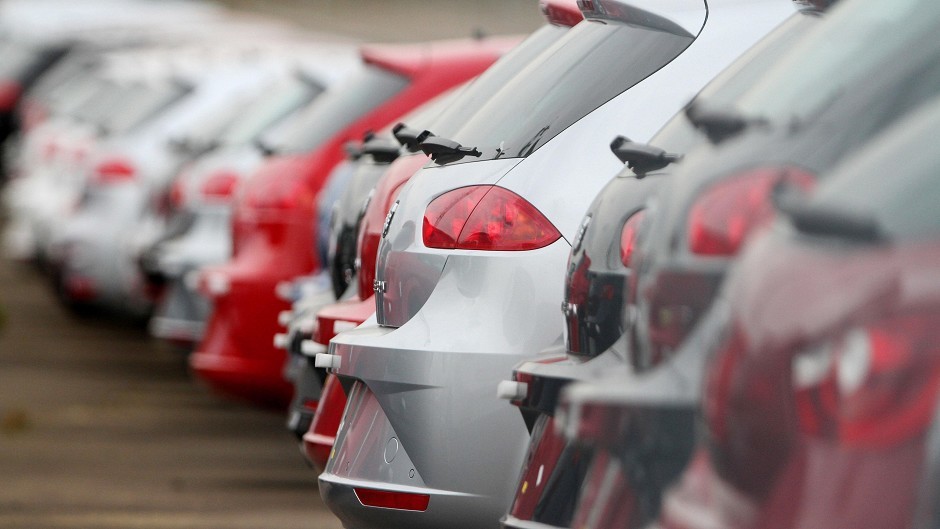



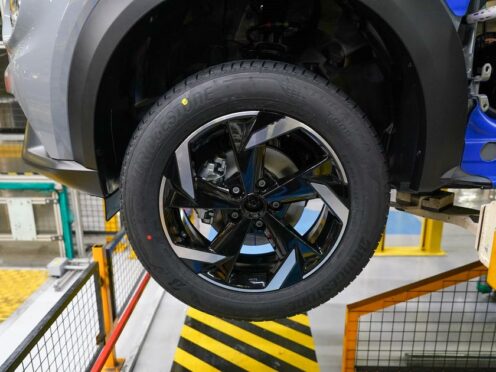
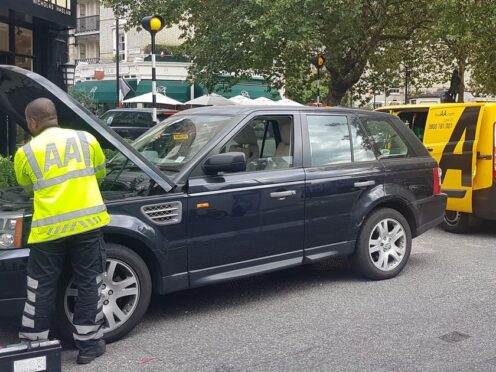
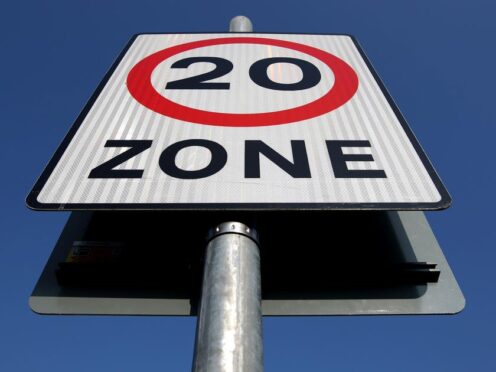
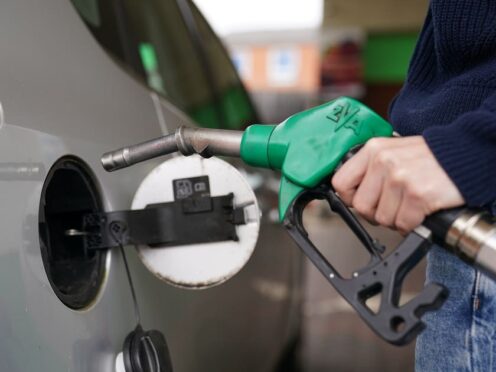

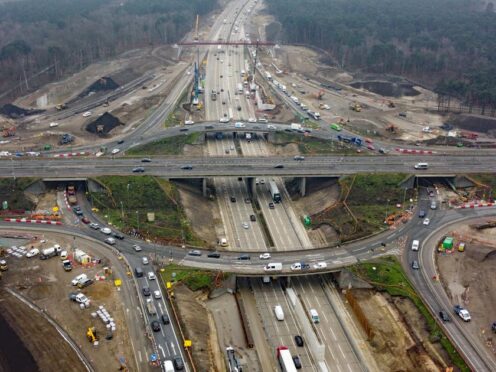
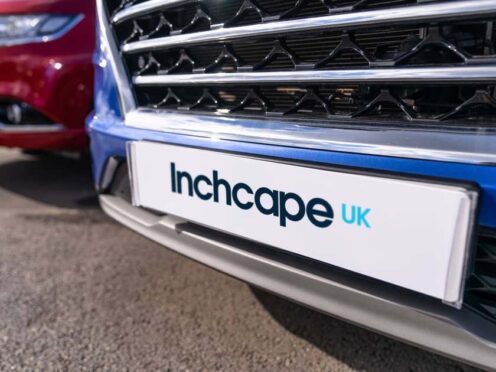
Conversation